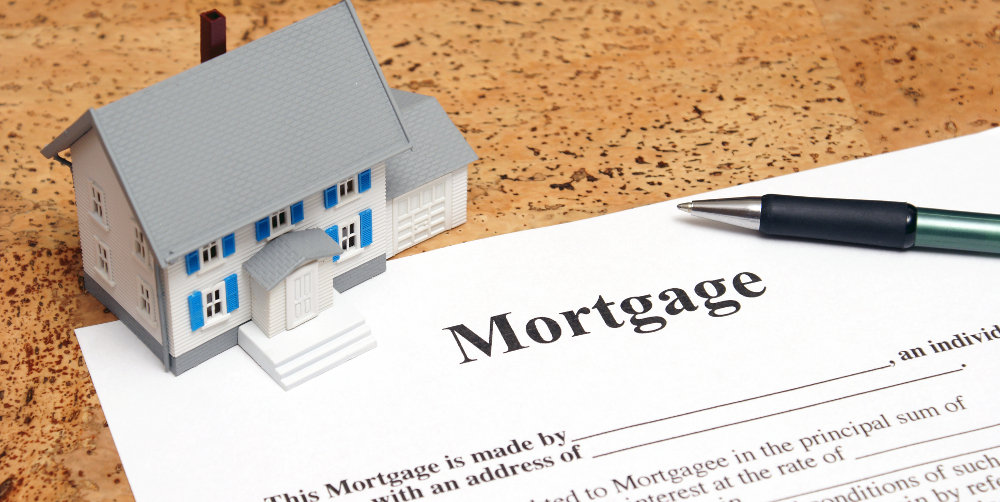Loan Modification
Have you fallen behind on your mortgage payments? Are you concerned about losing your home to foreclosure? Are you wondering if there’s a way to get your account back into good standing with your lender?

While there are many ways to stop the foreclosure process, a loan modification is often the best.
What is a mortgage loan modification?
While the definition varies slightly from one borrower and lender to the next, the basics remain the same.
A mortgage loan modification is any change to your loan terms that allows you to remain current with future payments.
Some of the most common modifications include but are not limited to:
- Extending the number of years you have to repay your loan
- Reducing your interest rate
- Adding missed payments to the end of your loan
There’s a lot to think about if you’re interested in a mortgage loan modification, but one detail is more important than the rest: you must be comfortable with the new terms and conditions of your loan, as you’re responsible for meeting all requirements in the future.
Loan Modification FAQs.
Unless you’ve gone through the loan modification process in the past, there’s a good chance you don’t know exactly what to expect.
Fortunately, when you have a clear understanding of how the process works and available options, it’s easier to protect your legal rights while saving your home.
Here are some frequently asked questions associated with a loan modification:
What is the lender’s offer?
You need to know what the lender is offering, including how it will change your monthly payment and what you’ll owe over the long-term.
What type of modification is best?
There is no right or wrong answer to this question, as it depends primarily on the terms and conditions of your loan and your current situation.
For example, if you’ve missed several mortgage payments, it may be best to add these to the end of your loan.
However, if there’s no way that you can stay current with future payments - as it’s too high for your current financial circumstances - extending the term of the loan and/or lowering your interest rate are better options.
Does your lender have to comply with your request?
This is where things get tricky.
You know you’re in trouble and so does your lender, but that doesn’t necessarily mean you’ll see eye to eye in regards to a modification.

Your lender is under no legal obligation to comply with your request for modification.
The one thing you have going for you is that your lender would rather keep you as a customer than foreclose on your home. Not only does this save them money, but it allows them to focus on their primary business, which is lending money (not owning real estate).
The only way you’ll know if you can find common ground is to contact your lender, request more information on a loan modification, and work closely with them to decide on the best path forward.
Can the government help?
The short answer is yes.

Through the Making Home Affordable (MHA) Program, the government helps homeowners avoid foreclosure, which improves the nation’s economy and stabilizes its housing market.
There are four programs to consider:
- Home Affordable Modification Program (HAMP): If you qualify, you’re able to lower your mortgage payment to 31 percent of your verified monthly gross (pre-tax) income. On average, this results in a 40 percent reduction in a monthly mortgage payment.
- Principal Reduction Alternative (PRA): This is designed for homeowners who owe more money than their home is worth. It allows you to work with your lender to reduce the total amount that you owe on your mortgage.
- Second Lien Modification Program (2MP): In the event that your first mortgage was modified via HAMP and you have a second mortgage on your home, you may also be able to secure a modification for that loan.
- Home Affordable Refinance Program (HARP): This is unique from the programs above, as it’s for homeowners who are current on their mortgage payments. It’s for those who want to refinance but are unable to do so because their home is underwater (owe more than the property is worth).
All of these government programs are worth your consideration, and you can learn more by contacting your lender directly.
Are You Ready to Modify Your Loan?
With all this information guiding you, it’s easier to decide if a loan modification makes sense.
At the very least, contact your lender to learn more about the process. This will help you decide what to do next.
If you’re ready to proceed, work closely with your lender to solidify terms and conditions that will allow you to save your home and stay current with future payments.

